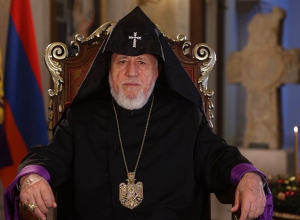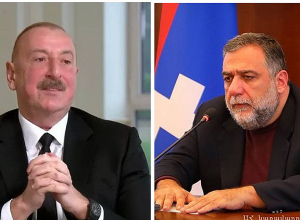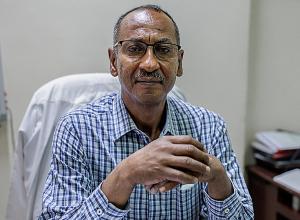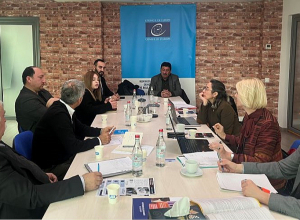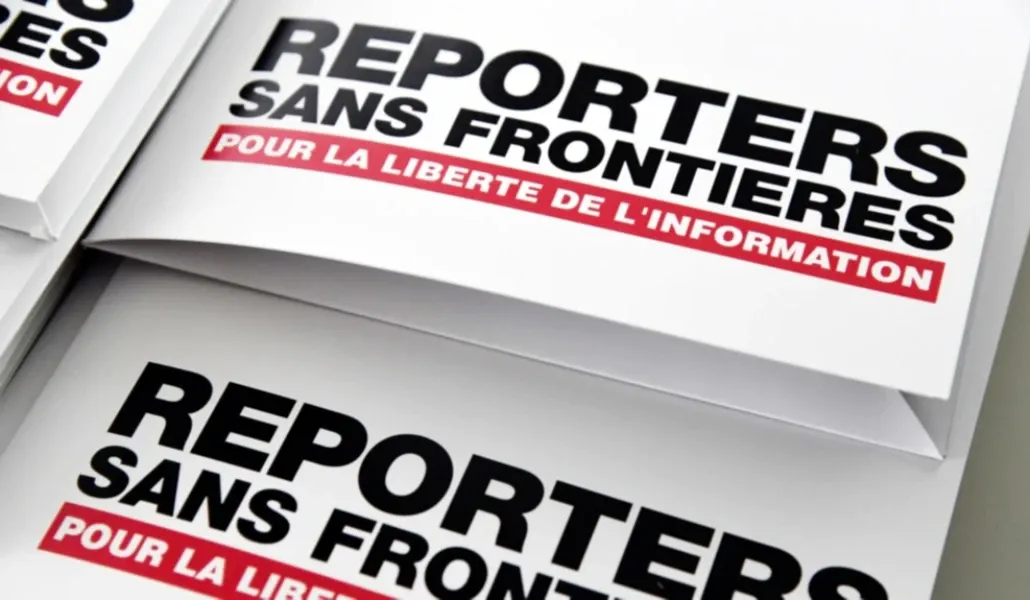
Diversity but not yet independence: Press Freedom in Armenia (video)
Support A1+!Armenia RANKING -2 61 in 2020
GLOBAL SCORE -0.23 28.60 in 2020
63 out of 180 countries in the world rankings in 2021
Score: 28.83
Media diversity has blossomed but the government that emerged from Armenia’s “velvet revolution” in the spring of 2018 has failed to reduce the media’s polarisation. The editorial policies of the main TV channels coincide with the interests of their owners. Transparent media ownership and journalistic independence are still far from being achieved.
The latter was even more restricted during the state of emergency declared on 27 September 2020, at the start of the war in Nagorno-Karabakh, a territory disputed with neighbouring Azerbaijan. Journalists meanwhile continue to be targeted by certain political groups, as seen when the premises of Radio Azatutyun were attacked on 10 November, shortly after the ceasefire. There is concern about the volume of judicial proceedings against journalists and about excesses in the fight against fake news.
The involvement of the security services in combatting disinformation and attempts to legislate without prior discussion with civil society and journalists are alarming.
But investigative journalism is flourishing online and is well placed to play a major role in a national offensive against corruption.
